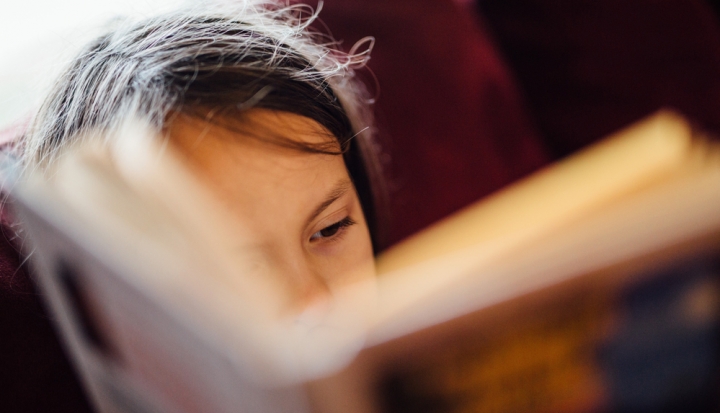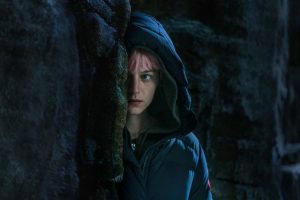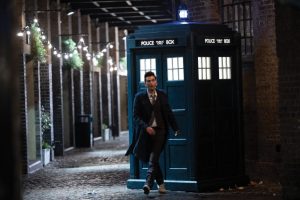The books I’ve read to my kids over the years bring back warm memories—everything from Goodnight Moon to Peter Rabbit to The Wind in the Willows. I knew somewhere deep down that with the help of these many authors, living and dead, I was passing on to my children a vision of a world full of wonder, encouragement, community, forgiveness, hope.
Then I went to the bookstore with my daughter to buy her 3-year-old cousin a book. Jon Klassen’s This is Not My Hat caught my eye immediately. It featured attractive, funny art, and it looked like a book that would appeal to a parent as well as to a kid (as opposed to those books that you hide so your kid won’t ask you to read them yet again).
I guess I should give a spoiler alert here just in case. The narrator of the book, a small fish, announces that he has stolen the cute (and tiny) derby hat of a giant fish who is sleeping. He knows it’s wrong but he rationalizes it. The little fish makes his way through the sea, unwisely trusting that the one creature he encounters will keep his secret. What he doesn’t realize is that the big fish is trailing him all along, being directed silently by the aquatic informer whom the small fish mistakenly trusted. Both fish vanish into the reeds, and the narration ceases. The big fish emerges, sporting his hat once more, and you realize that the hat thief has paid the ultimate price for his misdeed.
When I got to the end, although impressed by the art (indeed, Klassen won the Caldecott Medal for best picture book), I found myself saddened by the book. I could not imagine presenting it as a gift to a delightful 3-year-old girl.
What message, after all, might she take from this book? Take your pick: Don’t mess up because you might get eaten. People you trust will inform on you. No one is interested in your redemption. It’s OK—even funny—to massively overreact if you are deprived of something. The strong triumph over the weak. I’m sure I’ve forgotten a few.
In the world of this book (a false view of our world, I believe), Herod would catch up to baby Jesus. The Grinch would probably die by lethal injection. I don’t even want to think about what would happen to famous miscreants like Curious George or Peter Rabbit after his apparently unforgivable raid on Mr. McGregor’s garden.
I have never liked kids’ books that feature heroes and heroines who are sappily too good to be true. I do not believe in sanitizing stories: The Big Bad Wolf and the many other murderers in children’s stories deserve what they get. Voldemort must die. Evil does exist, and we must be brave enough to fight it. Our kids need to know this.
But the message of this book seems to me fundamentally different. The story lacks proportionality: Stealing a hat is not a capital offense. No one is given the chance to be big-hearted. The little fish dies a thief, the big fish exacts his revenge, end of story. Nothing is mended. Is the best we can hope for to be the biggest fish? Or to somehow not get caught?
Give me the books where, if the villain shows a shred of potential, the characters will converge to cajole, browbeat, or even trick him into being redeemed. Books where forgiveness is possible. Otherwise, next thing you know, we’ll be setting out a trap for that cute little mouse in Goodnight Moon.
This article was originally published in the October 2013 issue of At Home with our Faith.
Image: Unsplash cc via Johnny McClung














Add comment